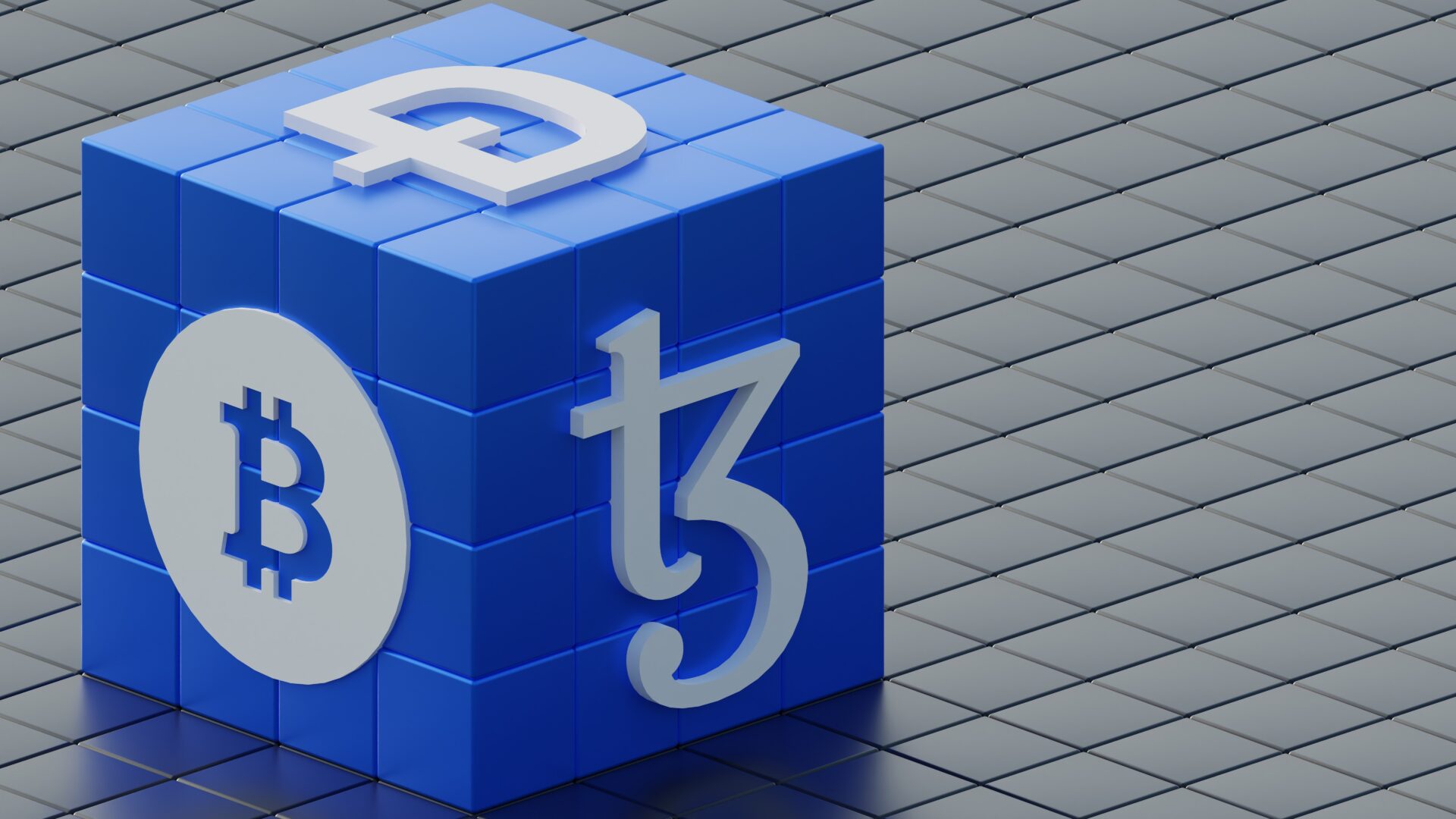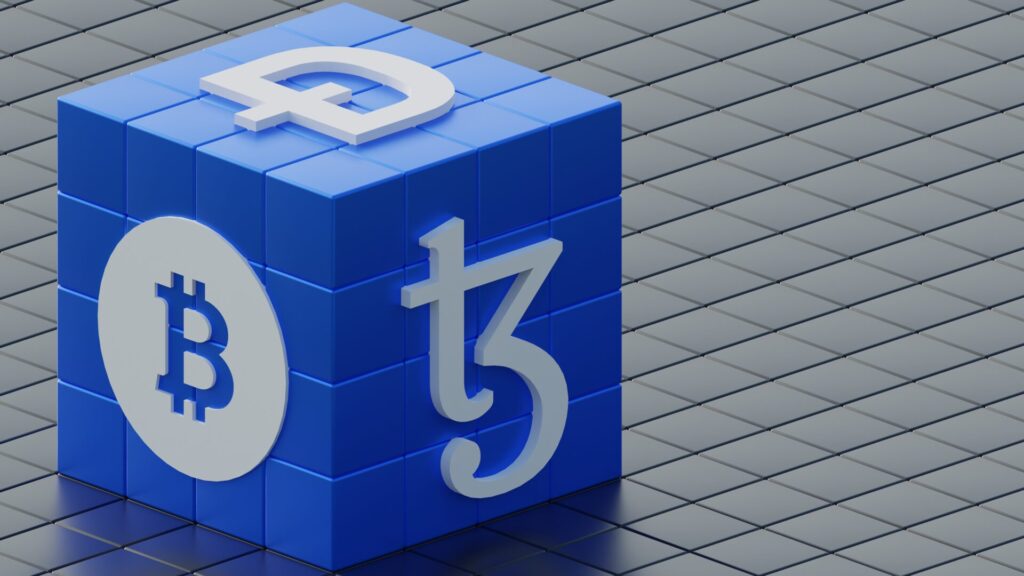Revolutionizing Blockchain for Financial Institutions with Technology Modern

Blockchain for financial institutions has emerged as a groundbreaking innovation with the potential to revolutionize various industries, including financial institutions. In this article, we will explore how blockchain is transforming the way financial institutions operate and the benefits it offers. You’ve probably read it already: Blockhain in Real Estate Transactions : Unlocking the Potential The Great New. By harnessing the power of distributed ledger technology, cryptography, and consensus mechanisms, blockchain has the capability to enhance transparency, security, and efficiency within the financial sector.
See also : Understanding Ethereum Gas Fees Explained: A Comprehensive Guide

Understanding Blockchain Technology
At its core, blockchain is a decentralized and transparent ledger that records and verifies transactions across multiple computers or nodes. It relies on cryptographic algorithms to ensure data integrity and immutability. By eliminating the need for intermediaries and centralized authorities, blockchain enables peer-to-peer transactions in a trustless environment. Key characteristics such as transparency, decentralization, and efficiency make blockchain an ideal solution for financial institutions seeking to streamline their operations.
Applications of Blockchain for financial institutions
- Payments and Remittances: Blockchain technology has the potential to revolutionize cross-border transactions by simplifying processes, reducing costs, and increasing transaction speed. Financial institutions can leverage blockchain to eliminate intermediaries, enhance security, and improve settlement times.
- Identity Management and KYC: Blockchain-based identity management systems offer a secure and efficient way to verify customer identities. Financial institutions can implement blockchain solutions to streamline KYC processes, enhance data privacy, and reduce the risk of identity theft and fraud.
- Smart Contracts and Programmable Assets: Smart contracts, powered by blockchain, enable the automation of financial agreements and transactions. By removing intermediaries, financial institutions can reduce costs and eliminate human error. Programmable assets, such as digital securities and tokenized assets, offer new investment opportunities and increased liquidity.
Benefits and Challenges of Implementing Blockchain for Financial Institutions
Implementing blockchain technology in financial institutions brings numerous benefits, including increased transparency, enhanced security, and improved efficiency. Blockchain’s transparent and immutable nature fosters trust among stakeholders and reduces the risk of fraud. The use of cryptographic algorithms ensures the security and privacy of sensitive data. Furthermore, blockchain enables faster and more cost-effective transactions, benefiting both financial institutions and their customers.
However, several challenges need to be addressed when implementing blockchain in financial institutions. Scalability and performance limitations pose significant obstacles, as the technology must handle a massive number of transactions without compromising speed or efficiency. Regulatory and legal frameworks also need to be developed to ensure compliance with existing financial regulations. Additionally, integrating blockchain with existing systems and legacy infrastructure may require significant investment and effort.
Case Studies and Real-World Examples Blockchain for Financial Institutions
Numerous financial institutions have already embraced blockchain technology to enhance their operations. For example, JPMorgan Chase has developed Quorum, a blockchain platform for secure interbank transactions. Ripple, another prominent player, offers a blockchain-based payment protocol that enables real-time cross-border transactions. These success stories demonstrate the potential of blockchain in revolutionizing financial institutions and inspiring others to adopt this technology.
Future Outlook and Potential Developments Blockchain for Financial Institutions
Looking ahead, blockchain technology is poised to reshape the financial industry further. Emerging trends include the rise of decentralized finance (DeFi), which leverages blockchain to provide transparent and accessible financial services. The integration of blockchain with emerging technologies like artificial intelligence and the Internet of Things (IoT) also holds great potential. As the technology matures and scalability concerns are addressed, blockchain will continue to drive innovation and collaboration within the financial sector.
Conclusion Blockchain for Financial Institutions
Blockchain for financial institutions presents a transformative opportunity for financial institutions. By embracing blockchain’s transparency, decentralization, and efficiency, financial institutions can enhance their operations, reduce costs, and improve customer experiences. Despite the challenges, the benefits of implementing blockchain in the financial sector are substantial. As the technology evolves, financial institutions must stay updated with the latest developments and seize the opportunities offered by blockchain to remain competitive in the ever-changing landscape of finance.
And for those of you who want to grow your Instagram account, you can directly use our service free instagram followers and you can like your post on instagram with Free instagram likes







